Improve Fertility Naturally
When couples plan to start growing their family, it can be an exciting and scary time! There is plenty to consider like decorating a nursery, reading parenting books, and preparing for delivery. Before they even get to that stage, they have to consider one of the biggest issues they could run into: infertility. Hearing this might make you want to run to your nearest fertility specialist if you aren’t getting pregnant right away..but before you start speed-dialing your physician, there are ways that you can improve fertility naturally! Keep reading for tips on how to improve fertility without jumping straight to expensive and invasive fertility treatments.
1. Understand Your Cycle
Growing up, we’re led to believe that getting pregnant can happen at any time for anyone. Unfortunately, it’s not quite that easy. Conception can only occur during the ovulation phase of the menstrual cycle which can be anywhere from day 12-18 depending on your cycle. The most important piece of information to understand about your cycle if you’re #TTC, is to know if you’re even ovulating! Some of the signs include increased basal body temperature, the presence of ‘egg-white’ cervical mucus, and possibly brief lower abdomen discomfort. Ovulation can be put on hold if you’re under lots of stress, poor diet, or even muscle and fascia restrictions within the pelvis and abdomen.
2. Make Sure your Pelvic Floor is Happy
Your pelvic floor plays a vital role in your reproductive health! The pelvic floor muscles and the nearby organs (like the uterus and ovaries) need good blood flow and mobility in order for them to function their best. There are many reasons that dysfunction can happen in the pelvic floor, but some of the most common ones we see are stress, inability to relax the pelvic floor muscles, and weakness in the stabilizing muscles of the pelvis. These causes all lead to overactivity in the pelvic floor muscles and fascia, which leads to pain and dysfunction. A tight pelvic floor can also make having sex way less enjoyable and possibly even painful--which is a problem when you’re trying to conceive! Working with a Pelvic Floor Specialist to improve function and blood flow to the area with hands-on techniques will help reduce dysfunction in your pelvic floor.
3. Clean Up Your Diet
What we put into our bodies influences how we feel and function. With a diet that is high in processed and inflammatory foods, our bodies tend to end up in a state of chronic inflammation. This can send signals to your reproductive system that the body is too overwhelmed to ovulate or to develop a healthy embryo. Studies show that some of the most inflammatory foods are alcohol, wheat, dairy, added sugar, and vegetable oils. Depending on your situation, you may want to try to eliminate one of these foods at a time or all at once to help decrease inflammation within the body.
4. Manage Your Mental and Physiological Stress
Surviving a pandemic for over two years, working long hours at your job, making sure the house is clean, having a social life, and getting 7-8 hours of sleep every night is enough to make anyone feel more than a little stressed. However, these life stressors can have a detrimental effect on fertility if not managed well. It is vital to have a balance between stress and recovery to allow your body to function at its best. When there is too much stress, you can end up in a chronic state of inflammation which we know decreases fertility. Stress also has a way of manifesting in the body, which can cause issues like increased pelvic floor tone, fascial restrictions, and pain- all of which can impact the function of the reproductive system.
5. Detoxify Your Liver
It is completely normal to be exposed to chemicals and toxins throughout our life. However, the buildup of these compounds as a result of issues like constipation, no exercise, or poor diets, can impact your hormone balance and fertility. Liver metabolism is essential to clear the buildup of toxins within the body. Eating healthy food, drinking filtered water, and following a detoxification protocol provided by your pelvic floor physical therapist or physician can help support your liver to excrete the buildup of chemicals and toxins. This is something that is important to do BEFORE you get pregnant as we don’t want to introduce any of the toxins to the fetus!
6. Make Sure Your Vaginal Health Is In Check
Vaginal health is crucial for good fertility because it is a major part of the conception process! The vagina is where the sperm start to make their way toward the egg, but if the vagina’s environment is less than ideal- the sperm won’t make it very far. A normal vaginal pH of 3.8-4.5 is the optimal range for the vagina to prevent bad bacteria and other issues in the area. However, any change in vaginal pH can make it impair sperm motility, meaning the sperm can’t make it to the egg. Overwashing the vulva, antibiotics, low estrogen, and menstrual blood are some things that can disrupt the vaginal pH. If you’re someone who has frequent UTIs or yeast infections, pH could be a factor that is causing issues and preventing you from getting pregnant! You can check your vaginal pH with at-home test strips to see how healthy your vaginal environment is.
Conclusion:
All of these considerations will help you improve fertility naturally as you take the first steps toward growing your family! Feeling overwhelmed? We get it, working to improve fertility isn’t easy. If you’re looking for more guidance in this journey, schedule a no-charge consultation with one of our Pelvic Health Experts to see if our Fertility Program is the right fit for you.

